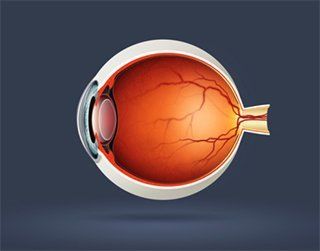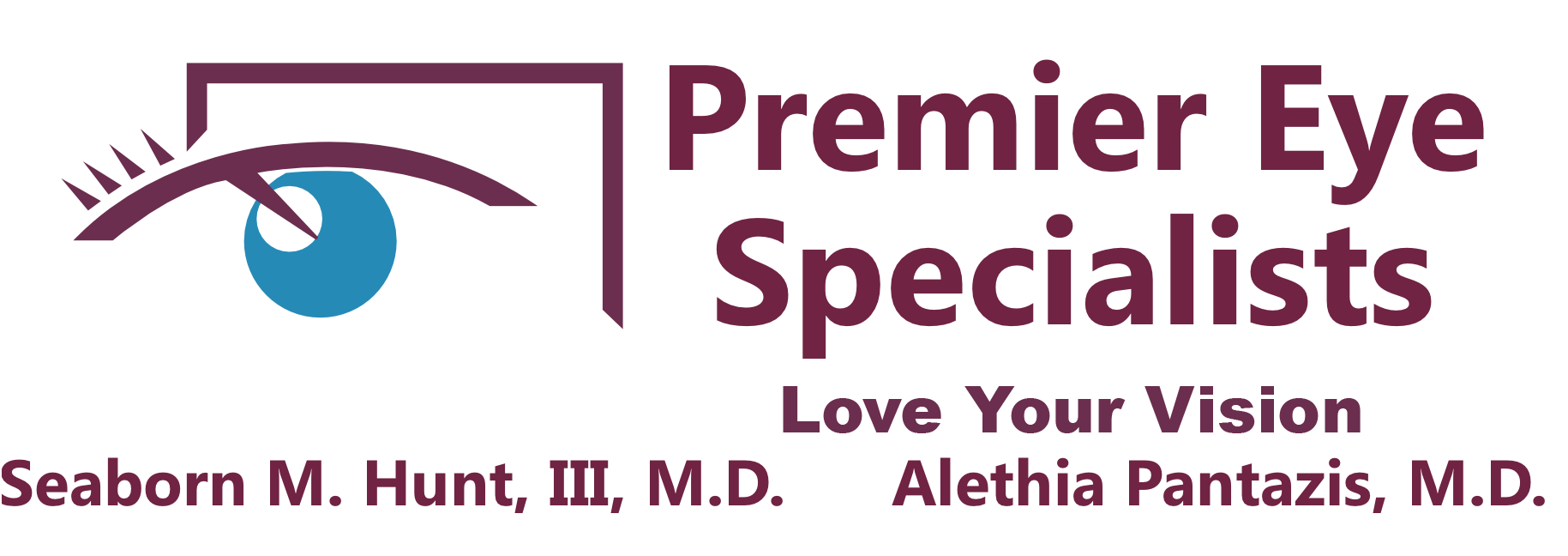Patient Education : Dr. Seaborn Hunt Discusses Glaucoma
What is Glaucoma?
Glaucoma is a disease of the optic nerve – the part of the eye that carries the images we see to the brain. The optic nerve is made up of many nerve fibers, like an electric cable containing numerous wires. When damage to the optic nerve fibers occurs, blind spots develop. These blind spots usually go undetected until the optic nerve is significantly damaged. If the entire nerve is destroyed, blindness results.
Early detection and treatment by your local ophthalmologist are the keys to preventing optic nerve damage and blindness from glaucoma. Remember to schedule regular eye exams with Dr. Seaborn Hunt, a leading ophthalmologist specializing in eye surgery serving The Villages and Ocala, FL to catch glaucoma before it causes considerable damage to your vision.
Glaucoma is a leading cause of blindness in the United States, especially for older people. But loss of sight from glaucoma can often be prevented with early treatment.

What Causes Glaucoma?
Clear liquid called aqueous humor circulates inside the front portion of the eye. To maintain a healthy level of pressure within the eye, a small amount of this fluid is produced constantly while an equal amount flows out of the eye through a microscopic drainage system. (This liquid is not part of the tears on the outer surface of the eye.)
Because the eye is a closed structure, if the drainage area of the aqueous humor – called the drainage angle – is blocked, the excess fluid cannot flow out of the eye. Fluid pressure within the eye increases, pushing against the optic nerve and causing damage.
What is the Most Common Type Glaucoma?
Primary open-angle glaucoma is the most common form of glaucoma in the United States. The risk of developing primary open-angle glaucoma increases with age.
The drainage angle of the eye becomes less efficient over time, and pressure within the eye gradually increases, which can damage the optic nerve. In some patients, the optic nerve becomes sensitive even to normal eye pressure and is at risk for damage. Eye care treatment or eye surgery is necessary to prevent further vision loss.
What to Expect from Your Glaucoma Eye Care Exam
Dr. Seaborn Hunt has served The Villages and Ocala, FL for a number of years with extensive experience in glaucoma treatment.
What should you expect during your eye care evaluation?
During your glaucoma evaluation, Dr. Hunt will:
- Measure your intraocular pressure (tonometry)
- Inspect the drainage angle of your eye (gonioscopy)
- Evaluate whether or not there is any optic nerve damage (ophthalmoscopy)
- Test the peripheral vision of each eye (visual field testing, or perimetry)
Photography of the optic nerve or other computerized imaging may be recommended. Some of these tests may not be necessary for everyone – Dr. Hunt will develop a customized eye care plan for each patient depending on their individual eye care needs. These tests may need to be repeated on a regular basis to monitor any changes in your condition.
Treating Glaucoma: Eye Care and Eye Surgery
As a rule, damage caused by glaucoma cannot be reversed – it is important to stay on top of your eye care exams in order to treat glaucoma before serious damage has occurred. Lowering eye pressure is the only proven way to treat glaucoma.
Eye drops, laser surgery and surgery in the operating room are used to lower eye pressure and help prevent further damage to your vision. In some cases, oral medications may also be prescribed.
With any type of glaucoma, periodic examinations are very important to prevent vision loss. Because glaucoma can progress without your knowledge, Dr. Hunt may need to make periodic adjustments to your eye care treatment plan.
Eye Care Medications
Glaucoma is usually controlled with eye drops taken daily. These medications lower eye pressure, either by decreasing the amount of aqueous fluid produced within the eye or by improving the flow through the drainage angle.
Never change or stop taking your medications without consulting ophthalmologist – with years of experience in Ocala and The Villages, Dr. Hunt has long-standing relationships with the area’s local pharmacies. If you are about to run out of your medication, Dr. Hunt will have your prescription refilled with no disruption to your eye care treatment plan.
Glaucoma medications can preserve your vision, but they may also produce side effects. You should notify your ophthalmologist if you have any of the following side effects:
- Stinging or itching within your eyes
- Red eyes or redness of the skin surrounding the eyes
- Changes in pulse or heartbeat
- Changes in energy level
Learn more about glaucoma surgery and Dr. Seaborn M Hunt’s Ocala, FL office serving the Villages with comprehensive medical, laser, and surgical eye care. Call us today to schedule your appointment.

